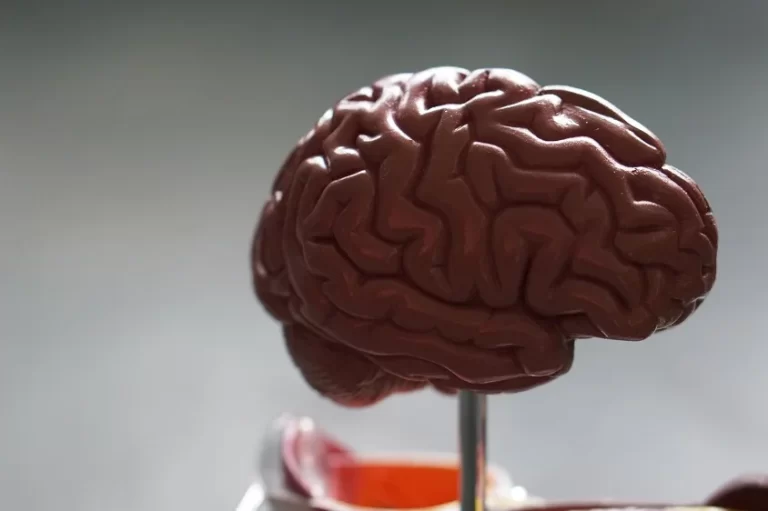Browsing: Brain and Neurological Conditions

Your brain constitutes the control mechanism of your body. It’s part of your nervous system, which also includes the spinal cord and a large network of nerves and neurons. The nervous system controls everything in your body.
When your brain is damaged or diseased, it can affect your memory, your sensation, your personality, and even your entire quality of life. Nervous system disorders (Nervous system diseases) include any conditions or disabilities or problems that affect your brain or nervous system and comprise brain diseases as well.
Brain and nervous system problems are quite common. These neurological disorders include Alzheimer’s disease, Parkinson’s disease, multiple sclerosis, epilepsy, stroke, depression, autism, etc.
This page provides quick access to a list of common diseases, syndromes, health conditions, and other topics of health importance related to your brain and nervous system. The list is organized alphabetically. Links are provided to respective disease ecosystems that serve as a comprehensive and ultimate guide about the disease or health condition. Keep reading!
Good sleep is necessary for general health and well-being yet millions of individuals suffer from sleep problems and inadequate rest.…
Ever laid awake at night, counting the stars instead of sheep? Maybe you’ve spent more nights than you’d like tossing…
Parkinson’s disease (PD) is a complex and progressive neurological disorder that affects millions of people worldwide. This chronic condition primarily…
Understanding Alzheimer’s Disease: Causes, Symptoms, and Prevention
Introduction Alzheimer’s disease is a progressive and devastating neurological condition that affects millions of people worldwide. While it predominantly affects…
What Are Treatment Options for Neurological Conditions?
Photo from Unsplash Neurological conditions can have a significant impact on a person’s quality of life. These conditions affect the…
We’re all aiming to increase our standards of living, to live longer, happier, and healthier lives. However, as the average…
Eliquis (apixaban) is a medication that is used to prevent blood clots and stroke in people with atrial fibrillation. It…
Coping With Mental Health Conditions Such as Depression and Anxiety
Mental health is about how people feel, think, and behave. Mental health conditions refer to those conditions that affect a…
A wide range of factors influences your body and stomach. Alcohol, coffee, certain meals, and other substances can alter how…
How to Manage Your Stress Efficiently and Effectively
Are you struggling with stress? You might think that stress isn’t a massive deal. However, this isn’t the case. White…













